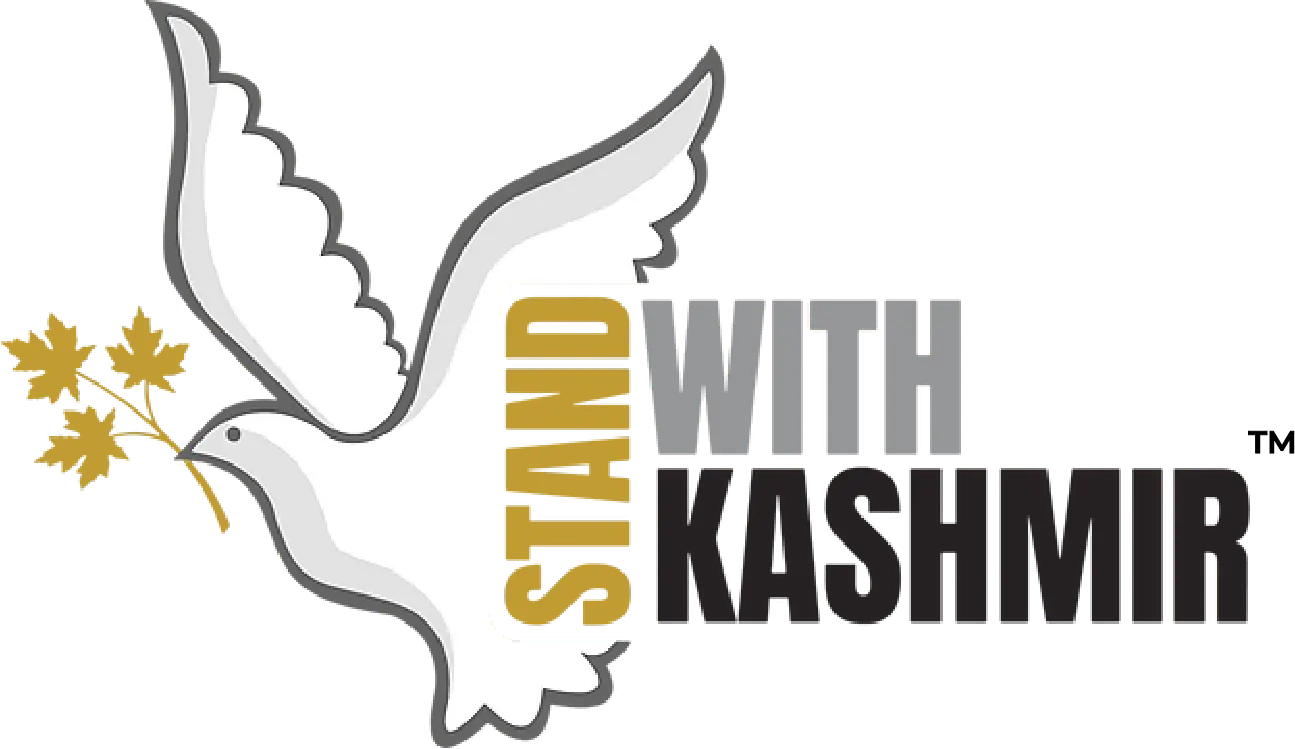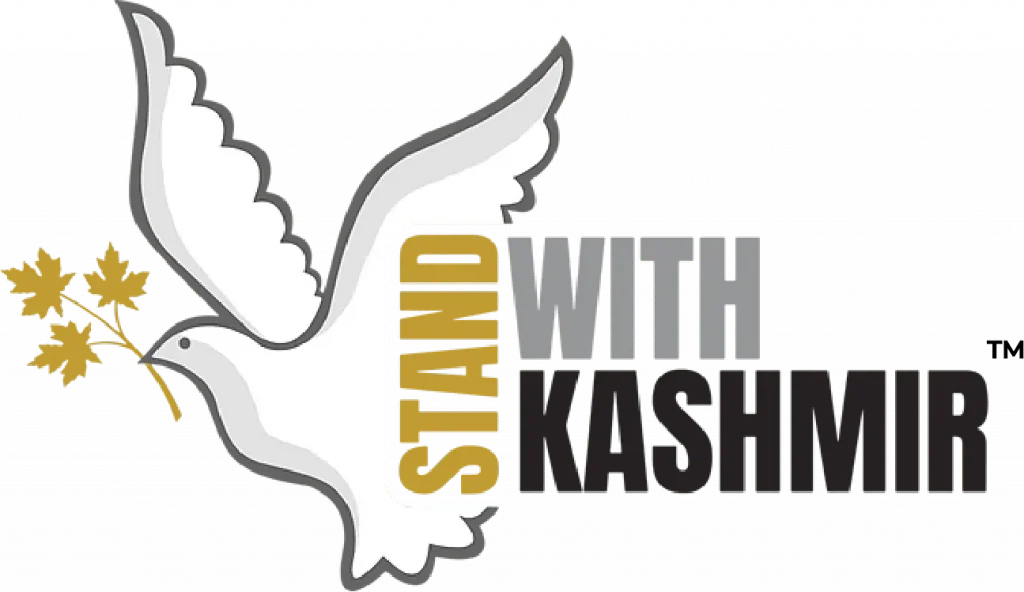In Memory: Mir Shafqat Hussain, the People’s Lawyer.
Srinagar, Kashmir. September 17, 2020.

On Monday, January 13, Kashmir lost one of its beloved human rights lawyers, Mir Shafqat Hussain. Here, Inshah Malik remembers her cousin.
Mir Shafqat Hussian was one of the very few human rights lawyers in Indian occupied Kashmir who offered a legal recourse to thousands of Public Safety Act (PSA) detainees, especially minors, who have borne the brunt of waves of relentless systemic dehumanization at the hands of the Indian state.* His service no matter how substantial and powerful stands only as an alibi to his personality. I write of him, not for precise emboldening of his heroism, as such is the culture around crafting an obituary but as he symbolizes to me the life, struggle and death of an occupied people.
I know of him, about him, and him in more than one way. I remember him through conscious memory, as I grew up around him in my maternal home — of which he was the last and youngest son. He had a distinction to hold his views close to his heart and a very personal style to connect with people around him. He was so impressionable, people around him would often repeat in a hypnotic way his words, enact out his laughter, and his non-verbal gestures. In a home where Kashmiri nationalist views bordered or mirrored National Conference type pseudo-Kashmiri nationalism, he was a fearless proponent of freedom. As a young child, I watched his animate discussions with his brothers and friends, often in the way his face would change shades of colour rather than his words. As far as I recollect, his freedom was beyond any sectarian and pseudo nationalist imagination. He was a man of emotion and his desire for freedom was alive in the microcosm of his home, workplace, and people whose life he touched.

As a young adult, his struggles to educate himself came with numerous personal difficulties. He was the youngest son of a National Conference politician — who had entirely spent his life in political service and retired much before the ugly turncoats of nationalist politics took the reign. His father’s virtues of service remained with him but in a unique flavor of defending justice. He grew up in a home that only a novelist could bring alive in text — a home that followed Kashmiri conservative religious traditions and socialist ethos. The doors of their house in Dalgate remained perennially open to friends, neighbours, relatives and enemies alike. The spectacles of human interaction, connection and bonding made it an absolute hit with us, kids.
It was in the backdrop of this, I would see him secretly sneak away into a small room to study. He would remain buried there for hours behind the stakes of files studying and describing the Ranbir Penal Code, the Dogra era state law and it’s very mundane and violent implications for ordinary Kashmiris. Under candlelight in early 1990’s, as learning would become cumbersome, he would charitably sing me and other children Kishore Kumar songs with a huge grin on his face, as our eyes would widen in amusement. His selfless unattachment to material well-being often showed in the simplicity of his lifestyle. He drank rather ceremoniously his nun-chai from pre-filled thermoses and spoke unashamedly in a language accessible to all. Even when he moved in well-connected circles of power, he remained an outsider to desires of wealth as it symbolized to him, occupation infested corruption. His demeanor and simple style made him relatable to a large number of people.

His education in SP college and unfolding of the armed struggle in the early 1990’s had made him privy to the youth culture, like a surgeon to a wound. He was better poised to then speak for them and with them. After completing his degree in law from Kashmir University, he began practicing as a lawyer. In the backdrop of illegal political aggressions and armed struggle in Kashmir, he offered his services to those who were politically at risk as illegal and unlawful detentions of Kashmiri youth was normalized through practices of political occupation. Since then to this moment, he filed 8000 Habeas Corpus petitions for protecting civil and human rights of youth and children put under detention. Justice Hasnian Masoodi, in his Greater Kashmir article writes,
“He does not plead but fights for a detenu. His legal assistance to a detenu does not stop at filing a petition for quashment of detention order. He would frequently drop in, in scorching heat at my Jammu office, sweating but wearing a full suit. When asked Shafqat, would say that he is returning from Tihar after meeting a detenu, is on his way to Kot Balwal on a similar mission and would return to Srinagar day after, to file petitions for their medical treatment, shifting, permission to sit in examination etc. Shafqat, undoubtedly stands apart, pursuing a sacred mission, to be emulated by youngsters”.
Mir Shafqat Hussain interviewed by Tehelka in 2011
His fight and relentless zeal and courage to defend the rights of dehumanized Kashmiri people affected him; we often crossed paths and I repeatedly heard of his ailments, and hospital visits and operations. I knew his struggle with cancer ended up with an operation that left him with 156 stitches across his body. His fragile body, pained heart and stressed out mind labored against a brutal occupation that worked on a systemic level to kill, maim and torture those he defended. He did not die, he became a witness to relentless, systemic tyranny. He was laid to rest in his ancestral graveyard in Dalgate.

Inshah Malik is an Assistant Professor at Kardan University in Kabul, Afghanistan and Visiting Professor at University of Washington . She was awarded a PhD degree from the Center for Comparative Politics and Political Theory, School of International Studies at Jawaharlal Nehru University
*The Public Safety Act is a draconian law that allows the Indian government to detain a Kashmiri for up to two years without any charge.
Stay in touch with Stand with Kashmir.
©2025 StandWithKashmir All rights reserved. SWK is a 501(c)(3) non-for-profit organization.


Leave a Reply